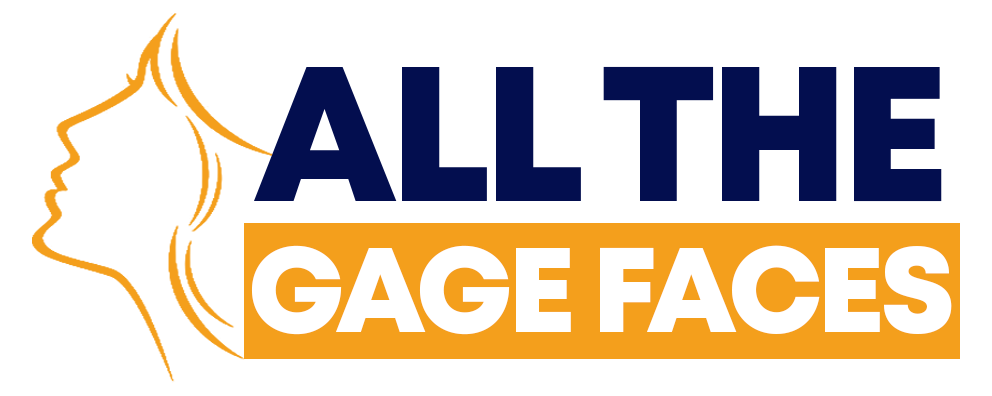Online education has become increasingly popular in recent years, with more and more students opting for virtual classrooms over traditional ones. The convenience and flexibility of online learning have made it an attractive option for those who cannot attend in-person classes due to various reasons such as work, family commitments, or geographical location. In this article, we will explore the benefits and drawbacks of online education and how it is changing the landscape of learning.
The Benefits of Online Education
One of the most significant advantages of it is its flexibility. Students can access course materials and lectures at any time and from anywhere, as long as they have an internet connection. This allows them to balance their studies with work or other commitments, making it easier to pursue higher education. Additionally, online courses are often more affordable than traditional ones, as they do not require physical classroom space or other resources. Another benefit of online education is the ability to learn at your own pace. Students can review lectures and course materials as many times as they need to fully understand the material. This is particularly helpful for those who may struggle with certain concepts or need extra time to complete assignments. Online courses also offer a wider range of subjects and programs than traditional institutions, allowing students to pursue their interests and passions.
The Drawbacks of Online Education
While online education offers many benefits, it also has its drawbacks. One of the biggest challenges is the lack of face-to-face interaction with instructors and classmates. This can make it difficult for students to ask questions or receive feedback on their work. Additionally, online courses require a high level of self-discipline and motivation, as there are no set class times or deadlines. Another potential drawback of it is the lack of hands-on experience. Some programs may require practical training or laboratory work that cannot be completed online. This can limit the types of courses and programs available to students who choose online education.
The Future of Online Education
Despite its challenges, it is here to stay. As technology continues to advance, so will the capabilities of virtual classrooms. Many institutions are already offering hybrid models that combine online and in-person learning, providing students with the best of both worlds. Additionally, online education has the potential to reach a wider audience, including those who may not have had access to higher education in the past.
Conclusion
In conclusion, it is changing the way we learn and opening up new opportunities for students around the world. While it may not be the right choice for everyone, it offers many benefits that cannot be ignored. As we continue to navigate the ever-changing landscape of education, it will be interesting to see how online learning evolves and adapts to meet the needs of students in the future.

